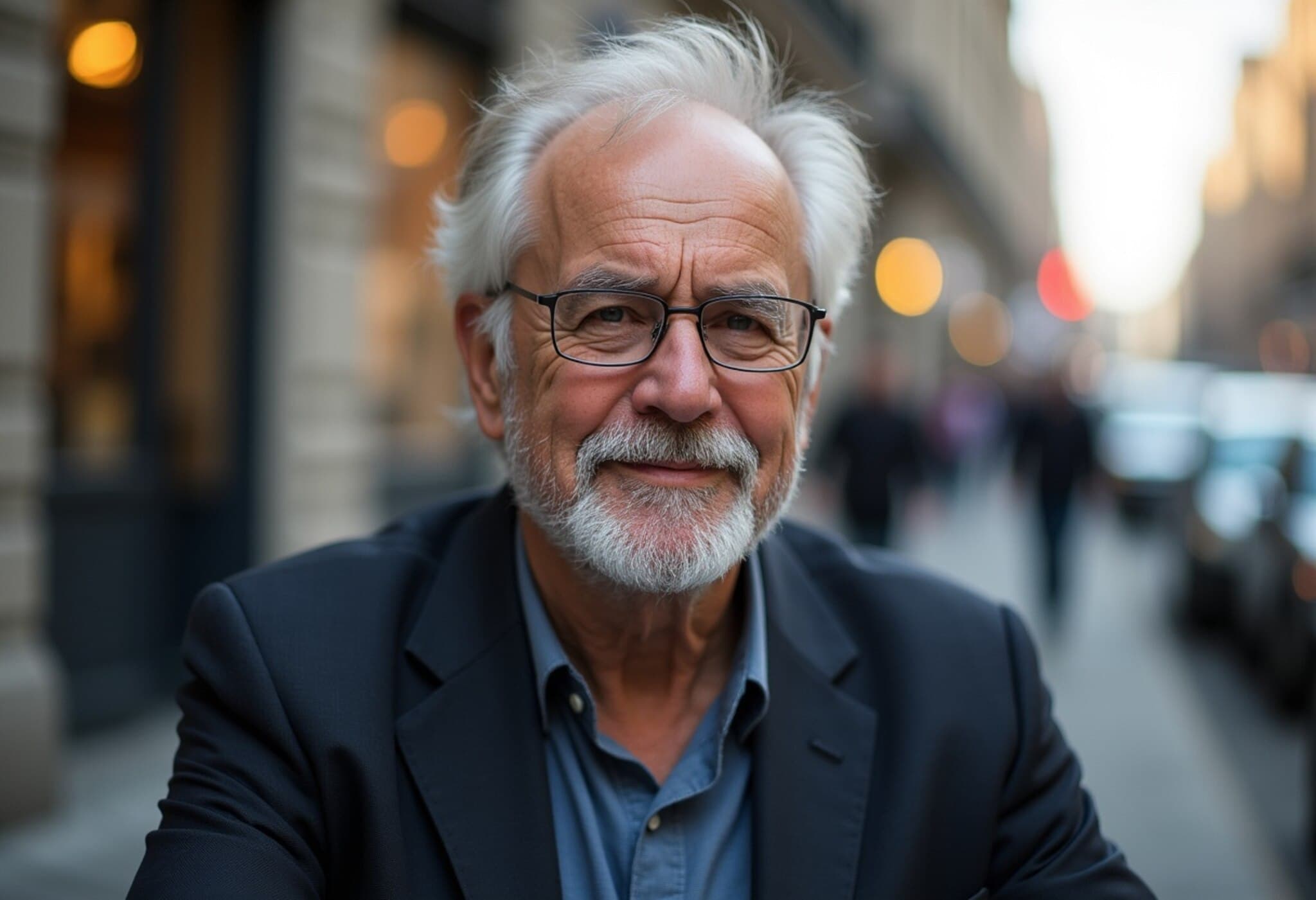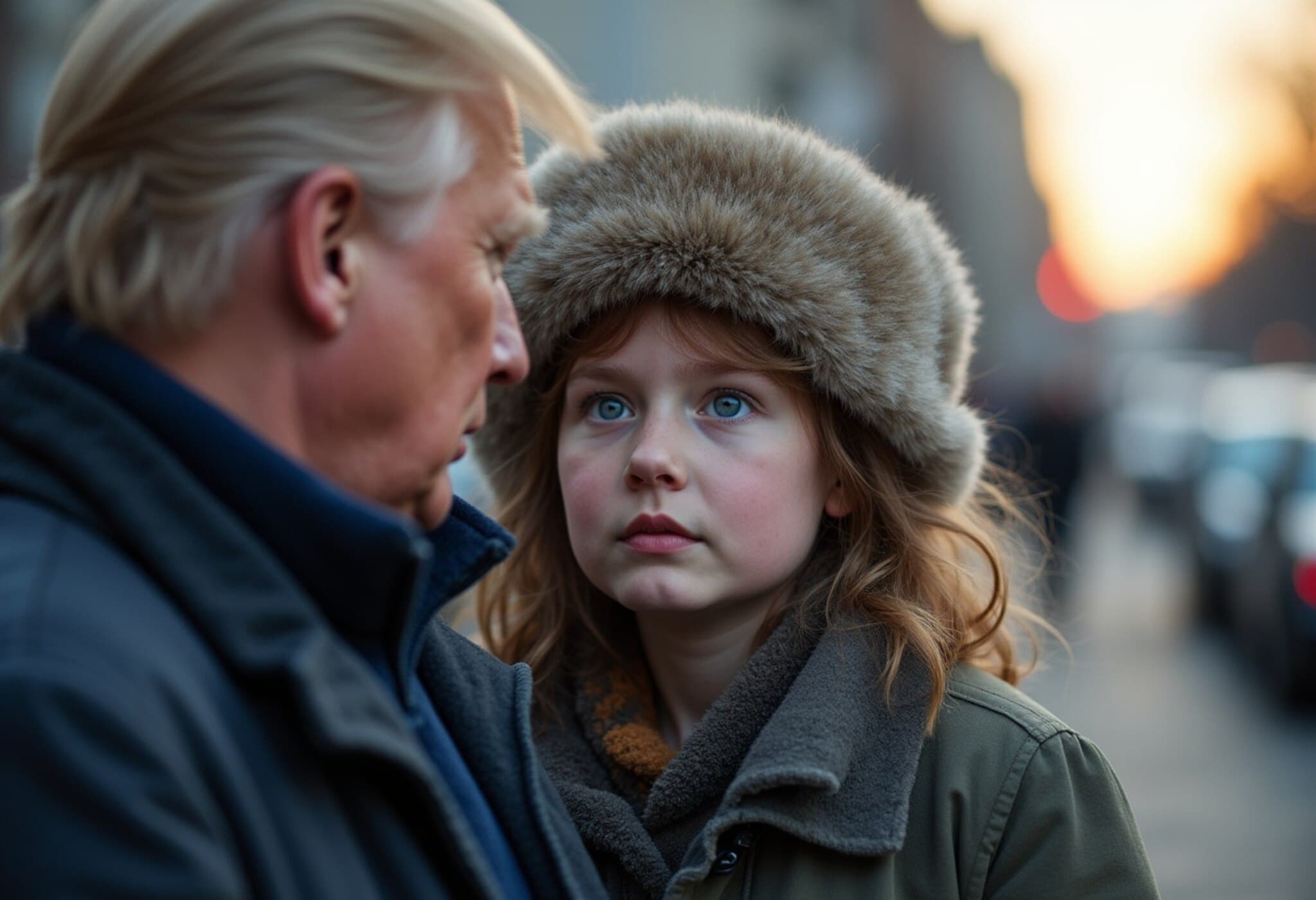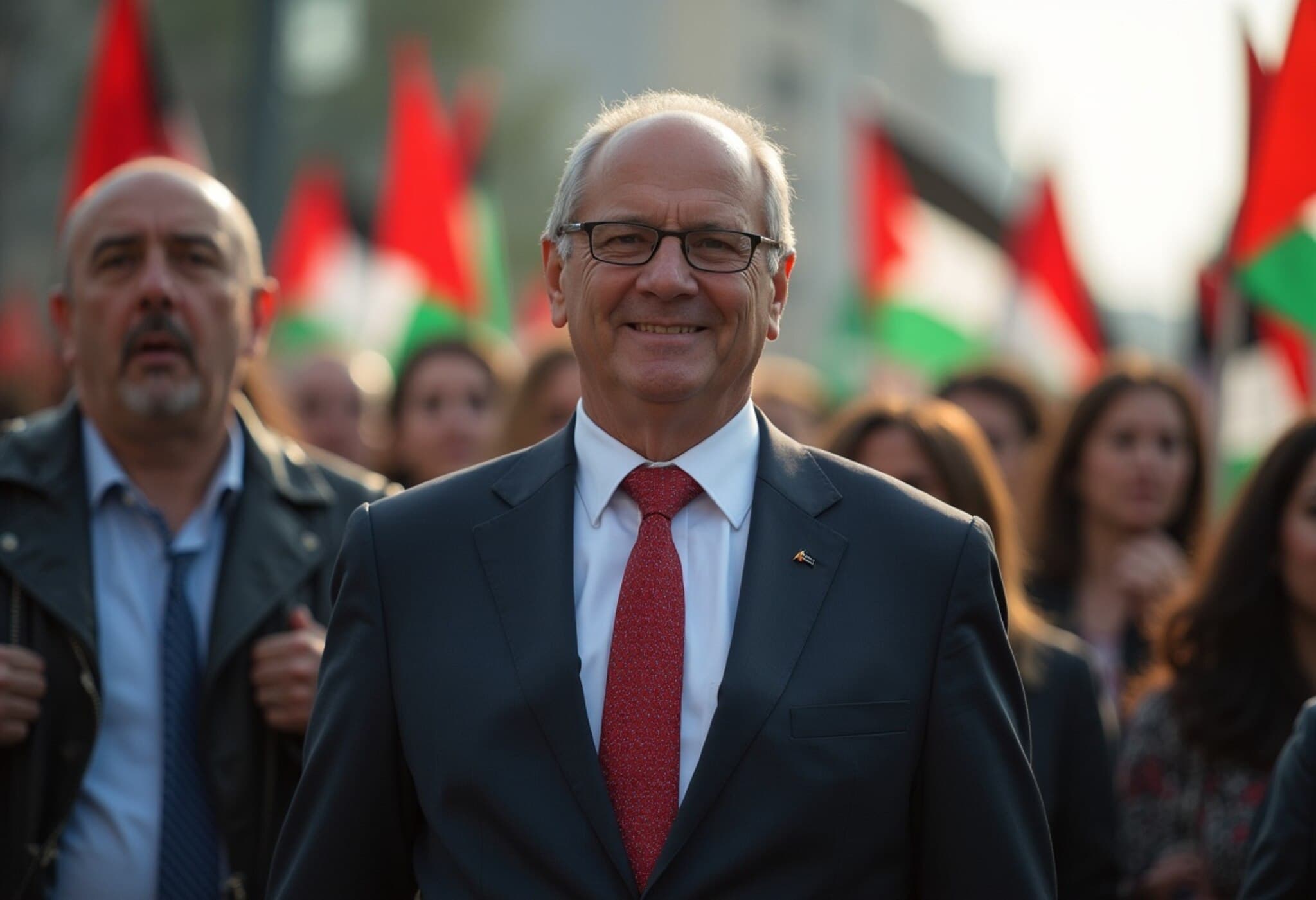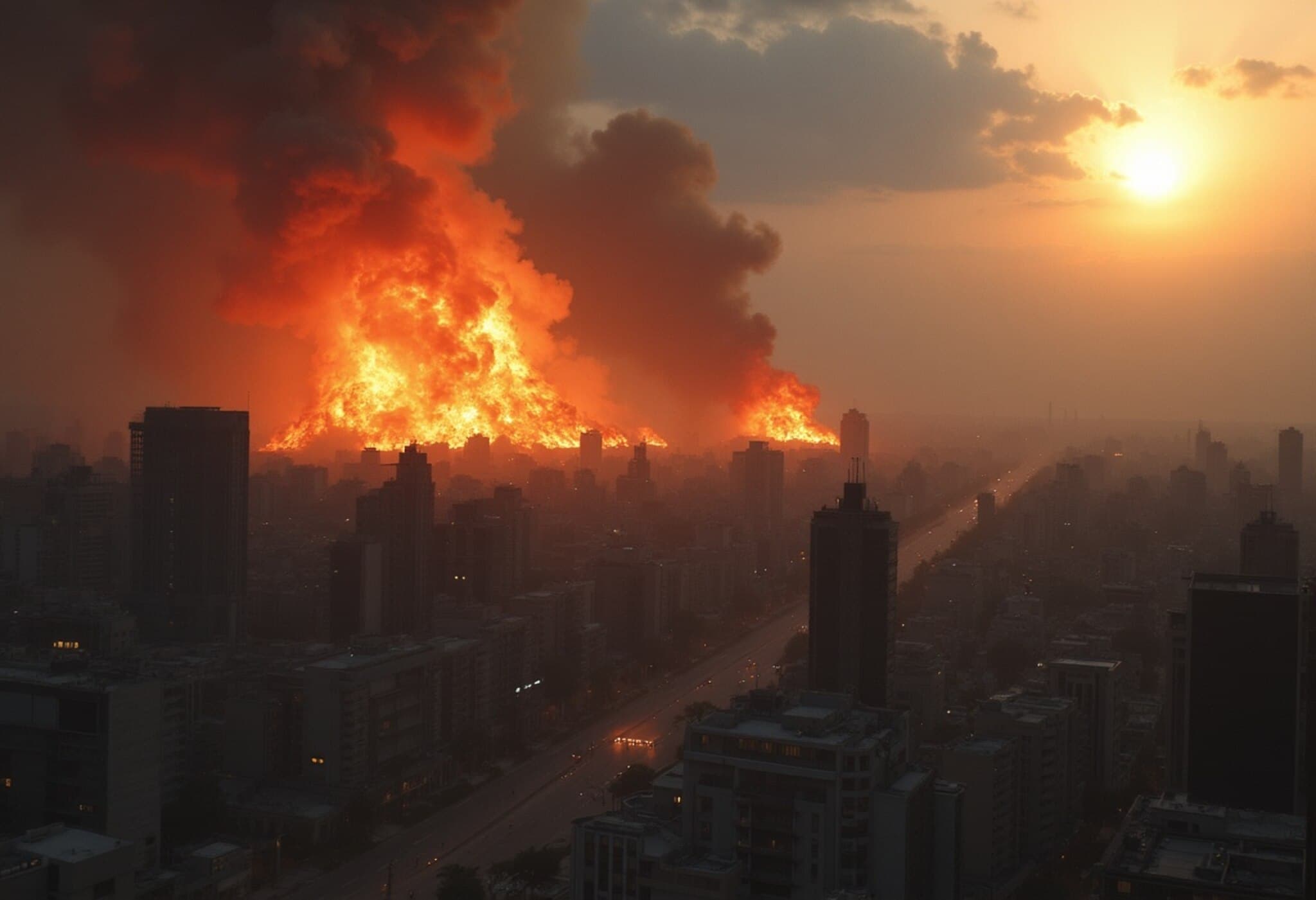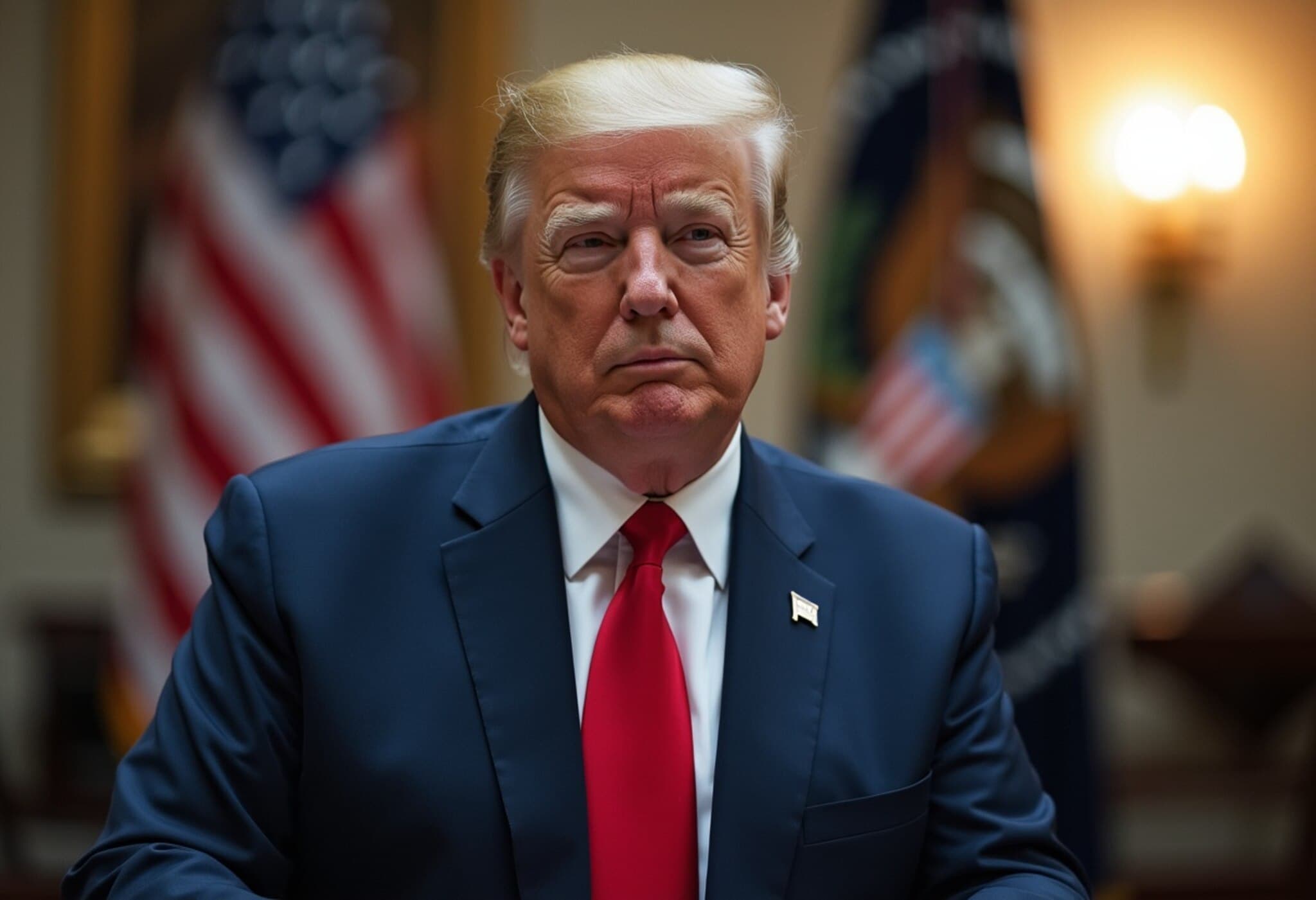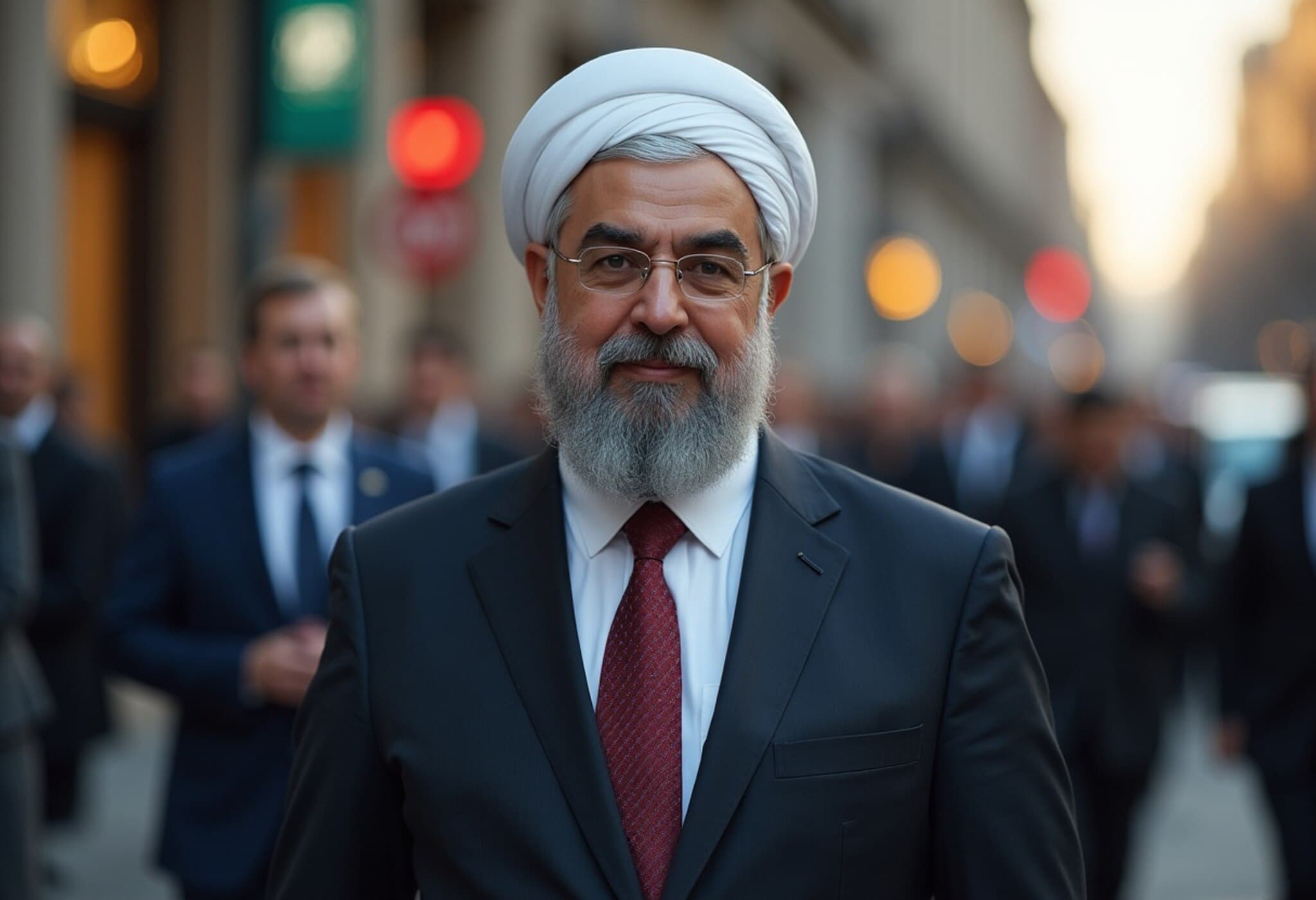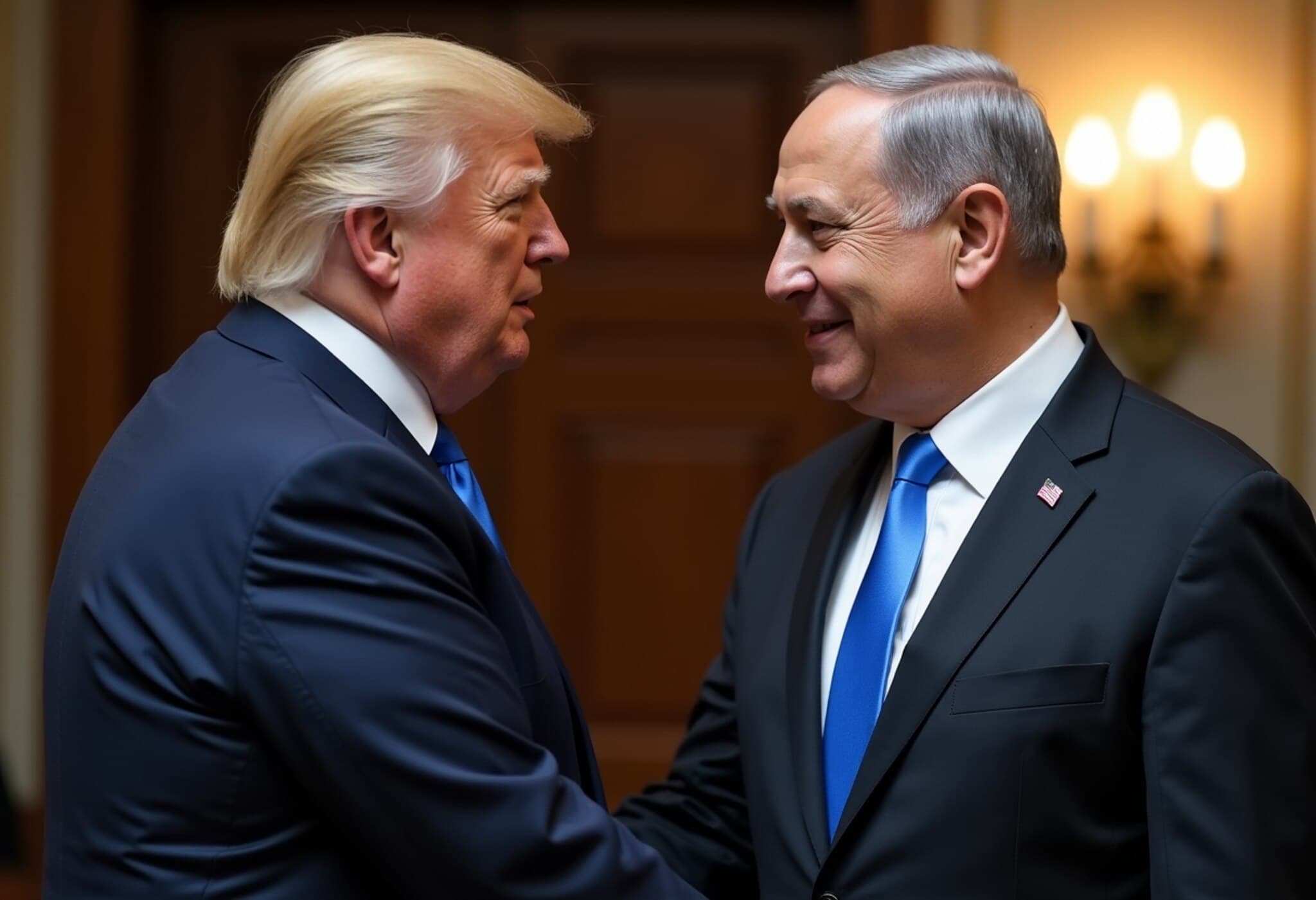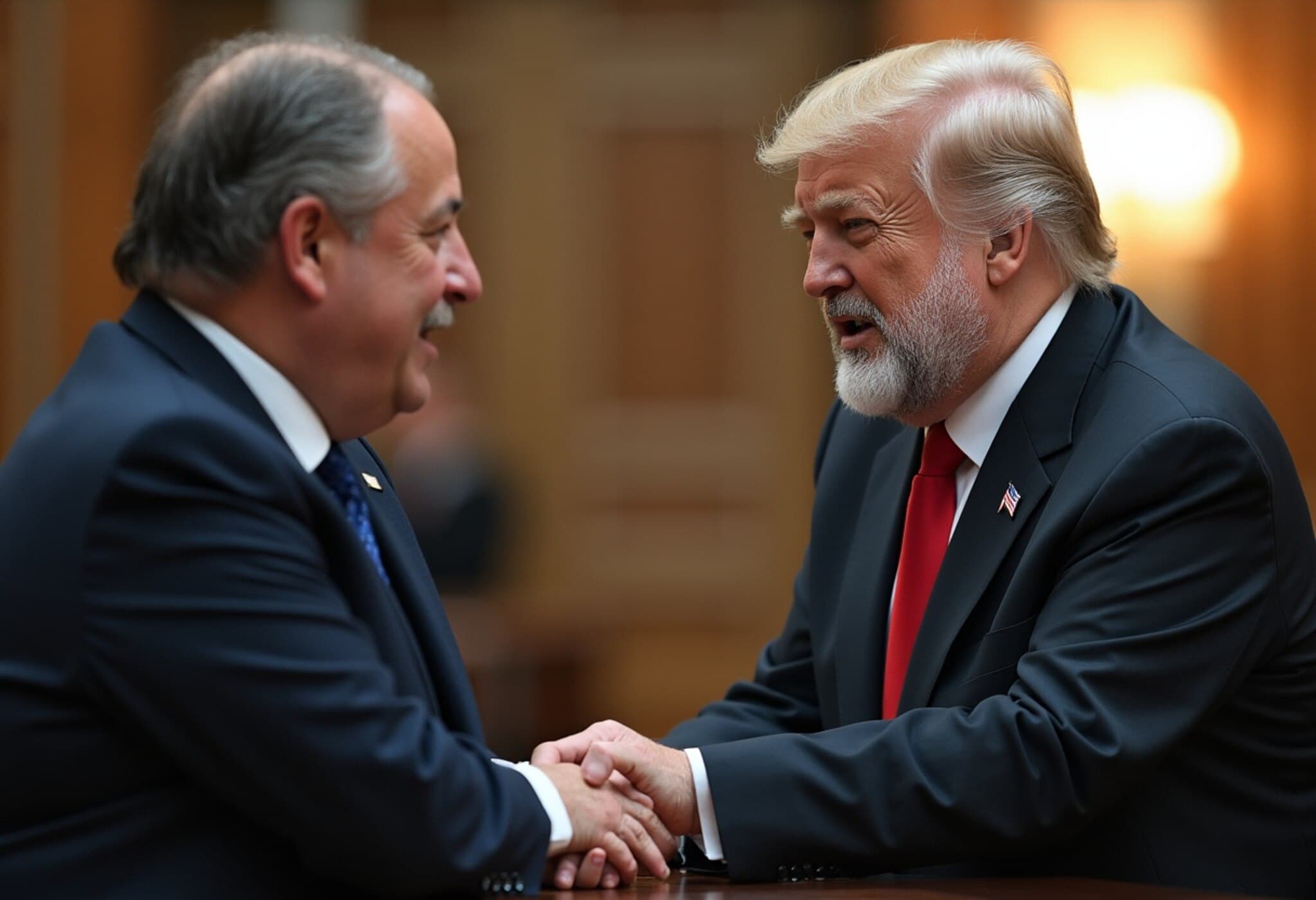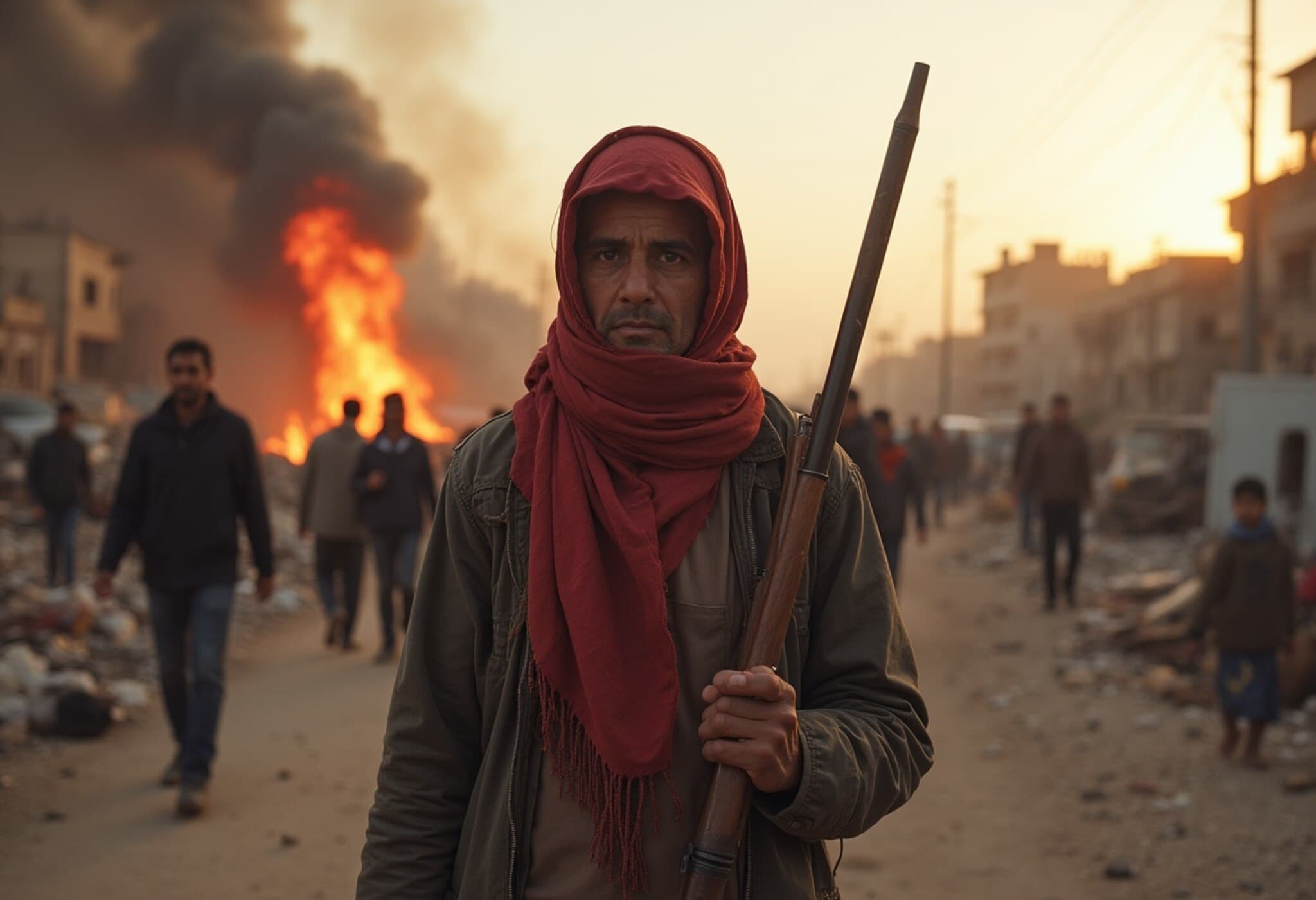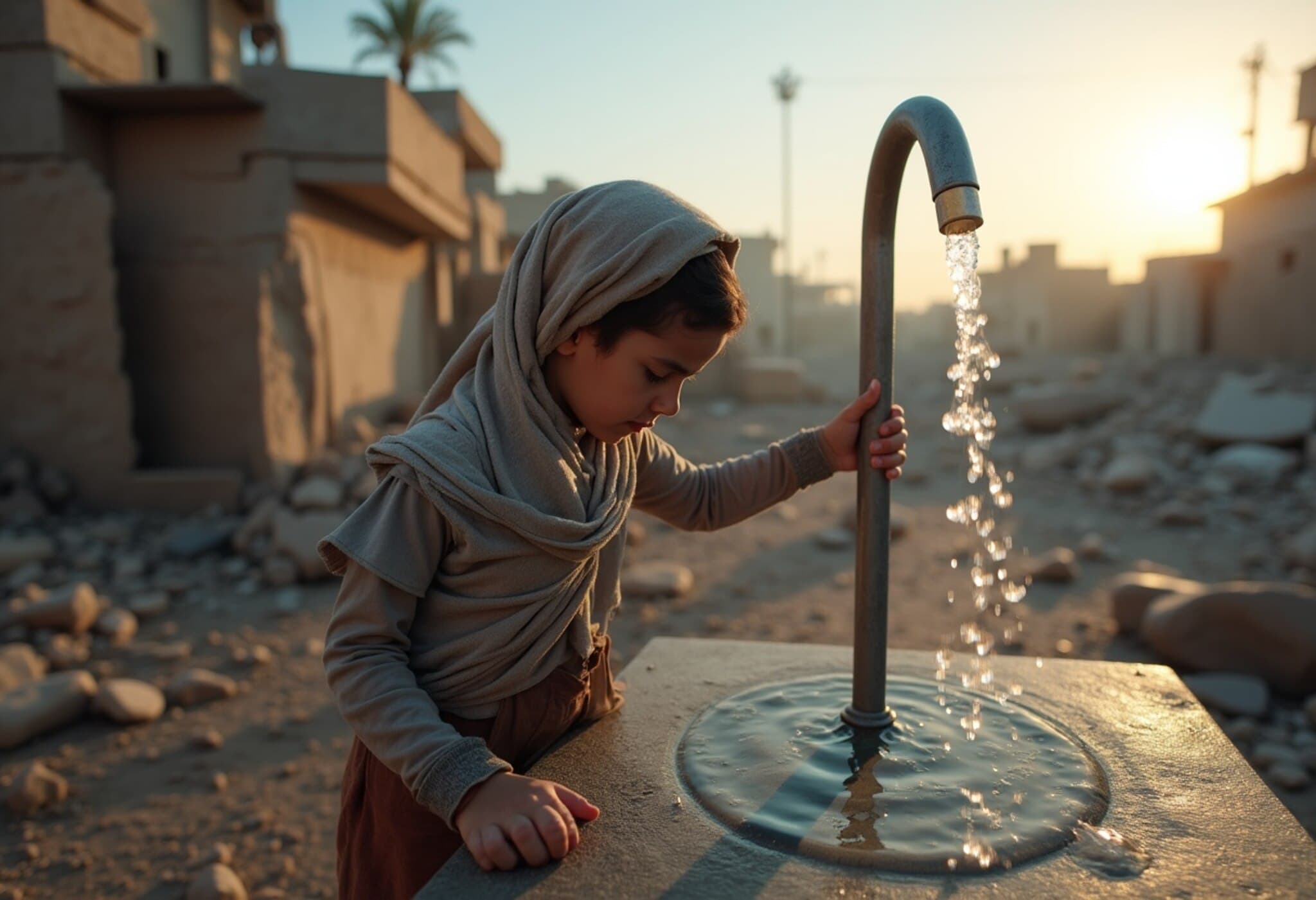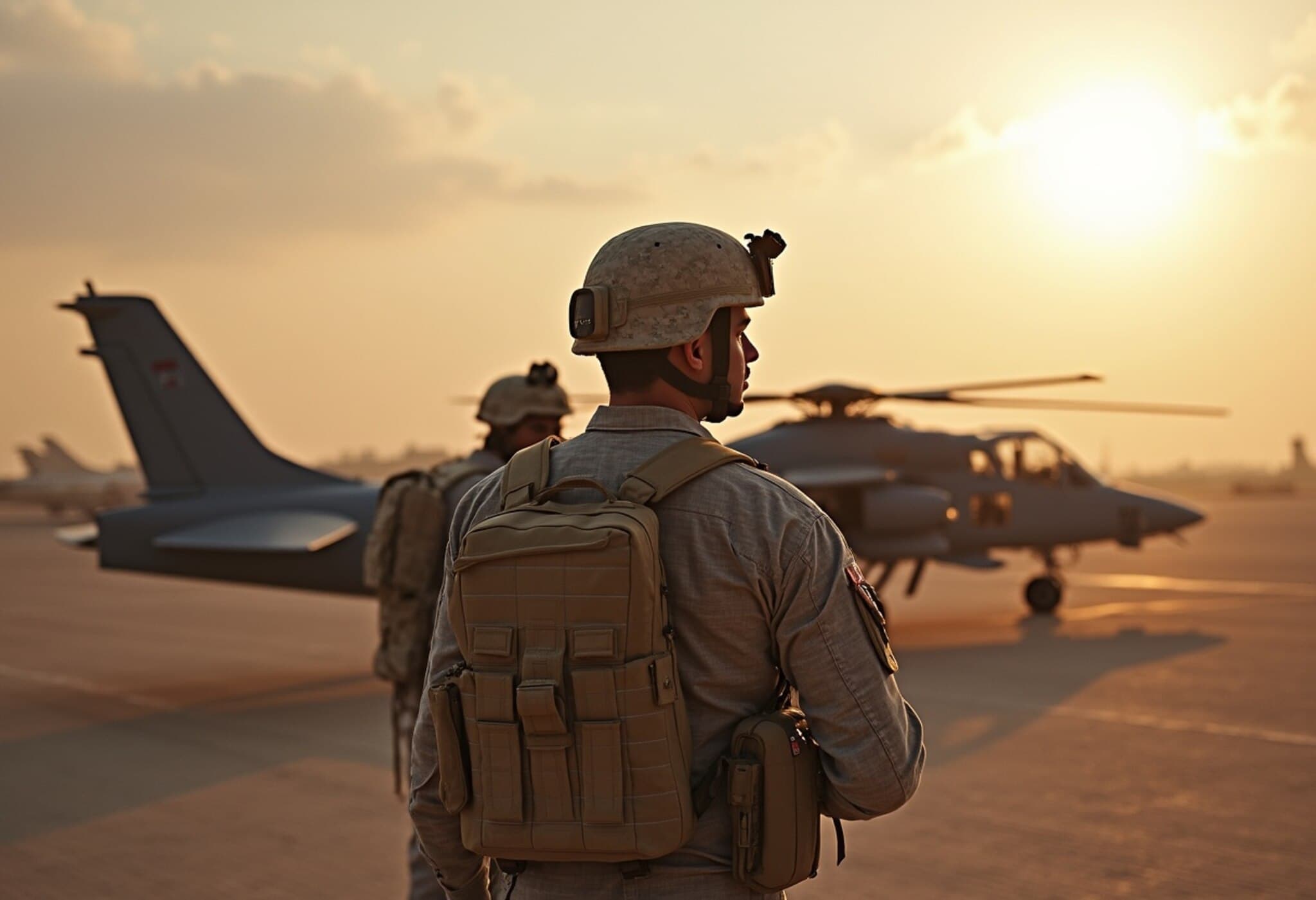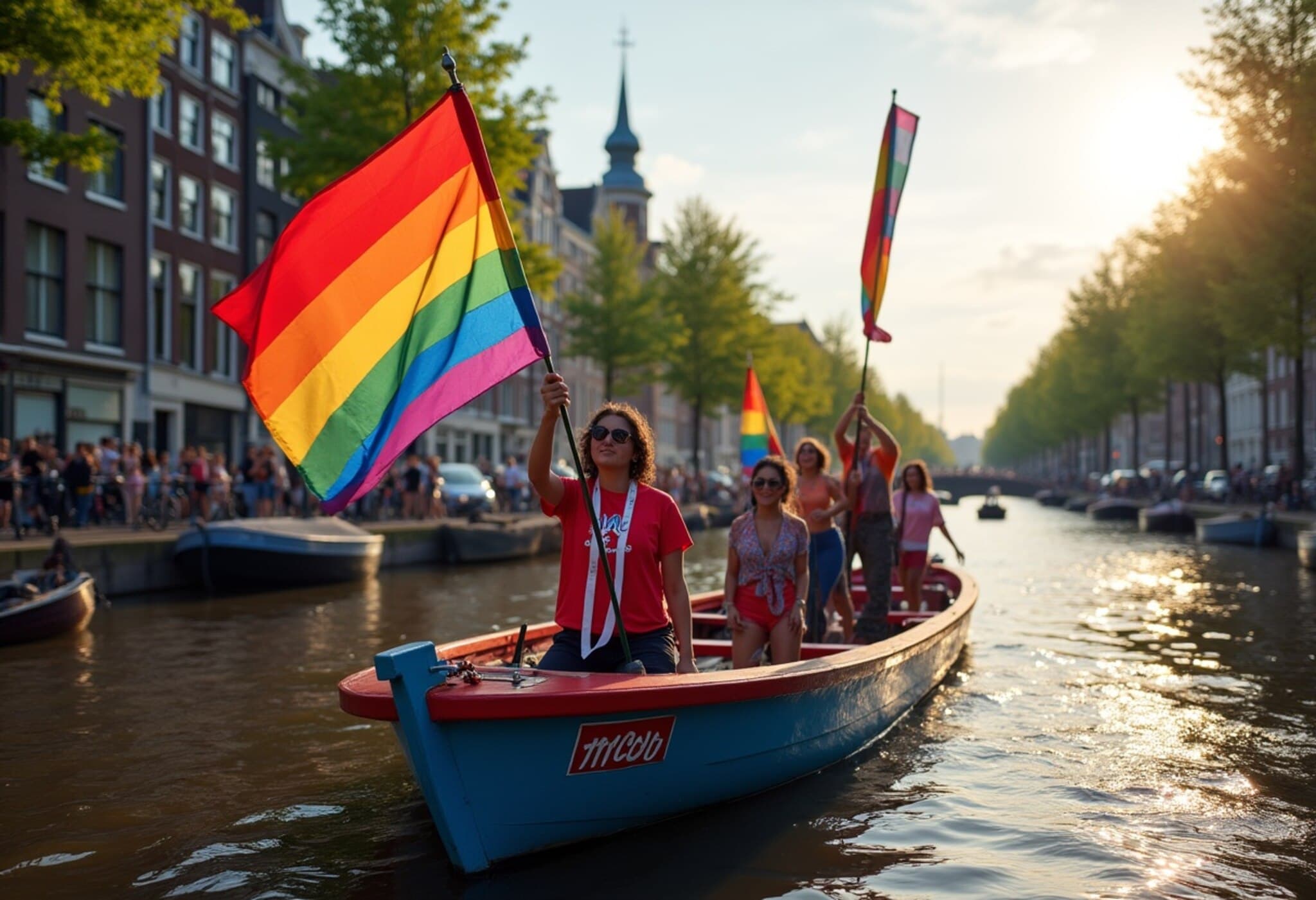A Veteran Journalist Breaks Silence on Israel-Palestine
After more than 30 years writing for The Age, including over a decade as its religion editor, I never addressed the Israel-Palestine conflict in my work—until now. This reluctance was shaped by an understanding that the conflict transcends simple religious or political narratives, and by an awareness that imprecise commentary risks inflaming tensions rather than clarifying them.
Today, however, in the shadow of the October 8, 2023, Hamas attack and Israel’s subsequent military response, I find myself compelled to write. A conflict once viewed in stark, David-versus-Goliath terms has blurred into a moral labyrinth where familiar roles seem reversed and suffering pervades all sides.
The Complex Reality Beneath Simplified Narratives
For decades, Israel was largely perceived as the vulnerable David, courageously defending itself against stronger regional foes during the wars of 1948, 1967, and 1973. Today, many see Israel as the powerful Goliath exerting overwhelming force on the Palestinian population of Gaza and the West Bank. This shift challenges long-held perceptions, stirring deep emotions and ethical reflection.
As someone with a Jewish heritage marked by the tragic losses of the Holocaust, this conflict resonates deeply. While I uphold Israel’s right to exist and defend itself—including identifying as a Zionist in that broad humanistic sense—I cannot blindly endorse the policies and actions of its current government, which appear to embrace disproportionate and devastating consequences for innocent Palestinians.
Propaganda, Suffering, and the Humanitarian Crisis
Both sides skillfully wield propaganda, creating a fog that clouds objective understanding. Yet, some realities break through this haze: the systematic destruction in Gaza, widespread starvation, and reports of violence targeting desperate Palestinians seeking aid. These are not fabrications, but tangible human tragedies that defy denial.
The cyclical nature of blame is staggering. The layers of history stretching back millennia—from King David’s conquest to Roman expulsions, to the post-World War II establishment of Israel, to the rise of extremist factions—illustrate a conflict riddled with grievances and contested narratives.
Political Dynamics and Broader Regional Concerns
Israel’s existential concerns are longstanding, intensified by neighbors and groups hostile to its very existence, including the theocratic regime in Iran since 1979. That said, significant opposition to the current government’s approach exists within Israel, as visible in protests and critical media voices, including among its young population.
Hamas, entrenched in Gaza for nearly two decades, has diverted international aid away from civilian infrastructure towards military endeavors, perpetuating a cycle of violence and deprivation. While they claim to champion Palestinian rights, their actions have inflicted grave suffering on the very population they purport to represent.
The hostage crisis further complicates the prospect of peace, with Hamas hindering potential pathways toward conflict resolution. The challenges of dismantling such entrenched violence are immense.
Implications Beyond the Middle East
Protests worldwide, including in cities like Melbourne, reflect global solidarity as well as deep divisions within affected diasporas. Yet, some protest actions risk alienating communities, undermining the cause of peace and mutual understanding.
The ongoing conflict also influences international geopolitics, with shifting American public opinion and eventual shifts in U.S. policy likely to reverberate through Middle Eastern affairs. This evolving landscape underscores the fragile nature of current alliances and the long-term stakes involved.
Looking Forward: The Shadows of Uncertainty
As Israeli author Etgar Keret poignantly noted, the crisis’s harsh truths are compounded by uncertainty about the full story. With countless lives affected in profoundly tragic ways, the imperative for measured, informed discourse has never been greater.
We face the ultimate moral challenge: how to affirm a nation’s right to security without condoning actions that erode ethical standards and human dignity. The path ahead demands honesty, humility, and a collective commitment to justice that transcends entrenched narratives.
Editor’s Note
This reflection underscores the enduring complexity of the Israel-Palestine conflict, a situation steeped in history yet urgently alive with contemporary consequences. It prompts critical questions: How do societies balance security with human rights? What responsibilities do global citizens bear in advocating for peace? And how might honest dialogue contribute to a future beyond endless conflict?
Barney Zwartz is a senior fellow of the Centre for Public Christianity and former religion editor of The Age. His perspective offers a nuanced, deeply personal engagement with one of today’s most contentious global issues.

